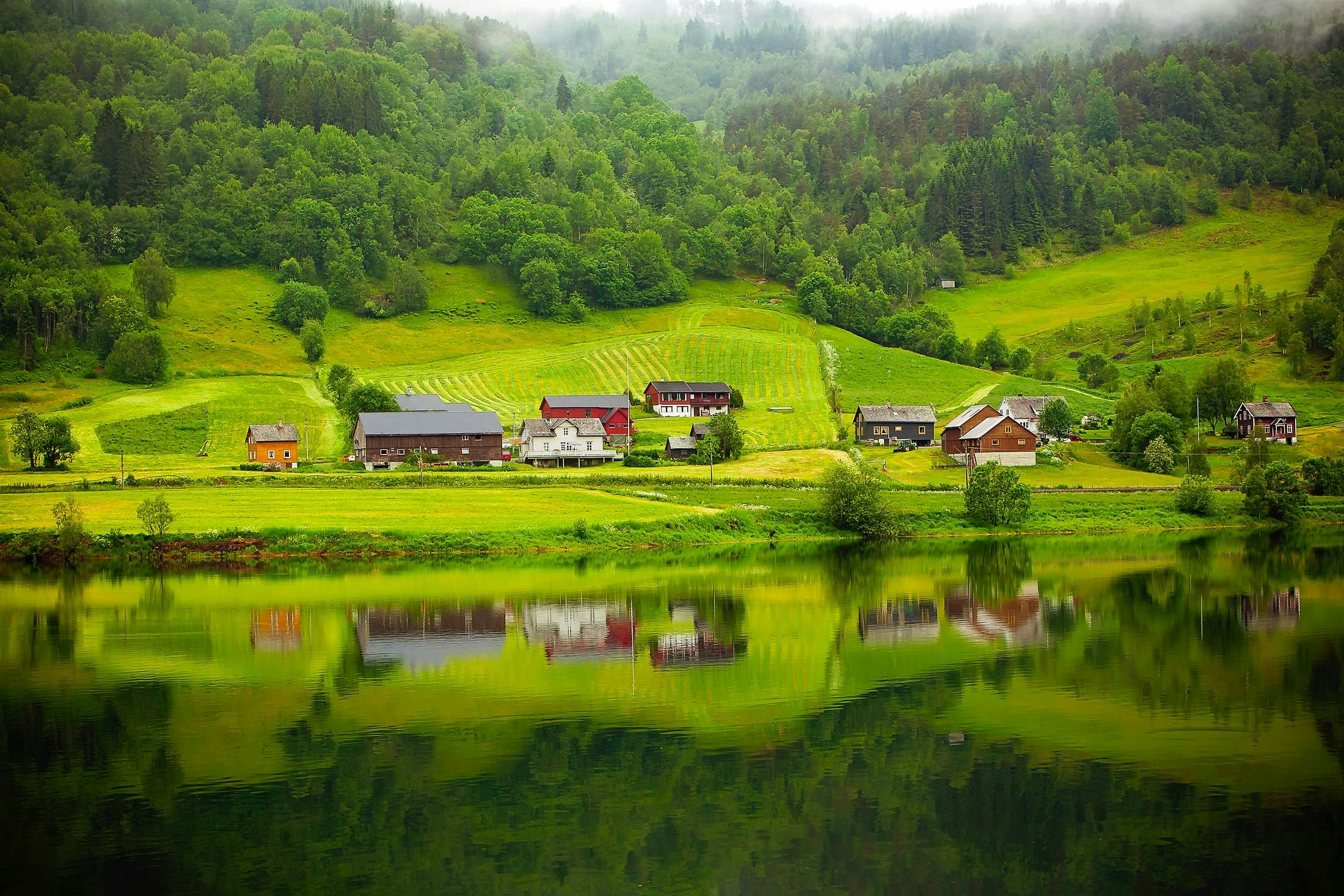Hello,
If you are interested in riding an Alaia surfboard, this article will help you understand how to paddle them to catch waves more effectively. This is part of a larger manual that details the entire process of modeling alaia, including tips for putting them together. If you’re interested in the rest, you can visit our website where it’s on sale for $12. Anyway, here’s the rowing section:
You’re probably pretty excited to get out on your board and you should be. However, there is a word of warning here. Paddling and surfing an alaia is very different from doing the same thing on any modern board. Expect it to be difficult. Here are a couple of tips that can make your experience easier.
First, go to a place that has real waves. Assembling these things in mush is not ideal. If the wave doesn’t have at least a little bit of power, good luck catching something.
Due to the lack of buoyancy relative to a normal board, you will need to launch more into the pocket. If you are riding a Paulownia board, this is not as applicable because they float better than hemlock, pine, or other alternatives. Next, because alaias don’t float as well as the board you’re used to, keeping it under you when paddling can be a struggle and the only solution is practice. You’ll get used to it over time.
However, one thing we have noticed early on is that kicking tends to make catching waves more difficult. This is because when you kick (especially with a less buoyant board), your knees and legs push the board down. Instead, if it pops back up under you like a foam board would, the wings tend to move back and forth back to the surface. For you, this can translate to a difficult time keeping the board under you while paddling. If you can get away with it, use just your arms to row at first. As I said, this is not so much the case with paulownia, but it is with other types of woods.
To paddle a wave, you need to start paddling a little earlier than with a normal board. You will notice that the faster you paddle, the more the nose rises and the more you and your board rise, allowing you to catch a wave.
Finally, if you just aren’t getting the hang of it in your first couple of tries, consider wearing some swim fins and lying down. Alaias are also great fun to ride upside down. If you’ve ever played on a bodyboard and enjoyed it, you’ll love it. Alaias goes noticeably faster than any board I’ve tried and the fins will help you get used to catching waves on it.
Hope that helps you get started. As I said, if you want to learn more, please visit our website at the link given below or search for PapaKai on Google.
Mahalo,
jeremy moncur
-Papa Kai-
